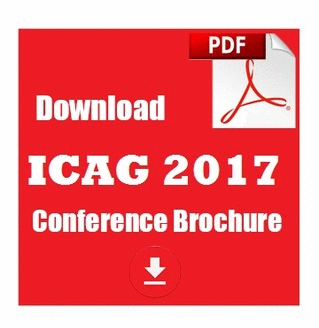
Olga Alicja Matysiak
University of Social Sciences and Humanities, Poland
Title: Working memory ‘Brain Trainings’ for older adults: How they work and do they work?
Biography
Biography: Olga Alicja Matysiak
Abstract
Statement of the Problem: Aging, even in the absence of pathological conditions, is associated with cognitive decline. Executive functions and memory seem to be most affected. Deterioration is related to structural and connectivity changes in the brain and observed mostly in prefrontal cortex, hippocampus, and basal ganglia.
To remediate age-related deficits cognitive training programs have been developed. The prosperous branch of computer-based training also serves this purpose. Some of these interventions show a great potential for improving older adults’ cognition. Others infrequently generalize to tasks that were not specifically trained. Of particular interest are working memory (WM) interventions. Although working memory capacity has conventionally been conceptualized as a fixed trait, there is evidence that WMC can be augmented even in older age. These statements are reflected in recent neuroimaging studies focused on integrating cognitive plasticity with its neural mechanisms. In intervention research on WM, practice has been associated with both decreases and increases of brain activity in task-relevant brain regions. Methodology & Theoretical Orientation: In the present study we attempted to verify the effectiveness of a 5-week-long WM training using dual version of the N-back Task. Six tests (e.g. Sternberg Task, OSPAN, Syllogisms Task) served as cognitive assessment at baseline and post training sessions. Two tests were additionally accompanied by EEG recording. Findings: Data analysis provided moderate support for the efficacy of our intervention in healthy elders. We discuss this result, among others, in terms of too high complexity and requirements of a training task. We also looked for changes in electrophysiological activation patterns during the EEG recording. Our analysis reveals that, irrespective of the absence of vivid behavioral intervention’s effects, there are changes in psychophysiological mechanisms that underlie cognitive performance. We conclude that, although electroencephalographic data has provided us with information about the mechanisms of WM training to a certain extent, more research is needed to understand its neural impact.

